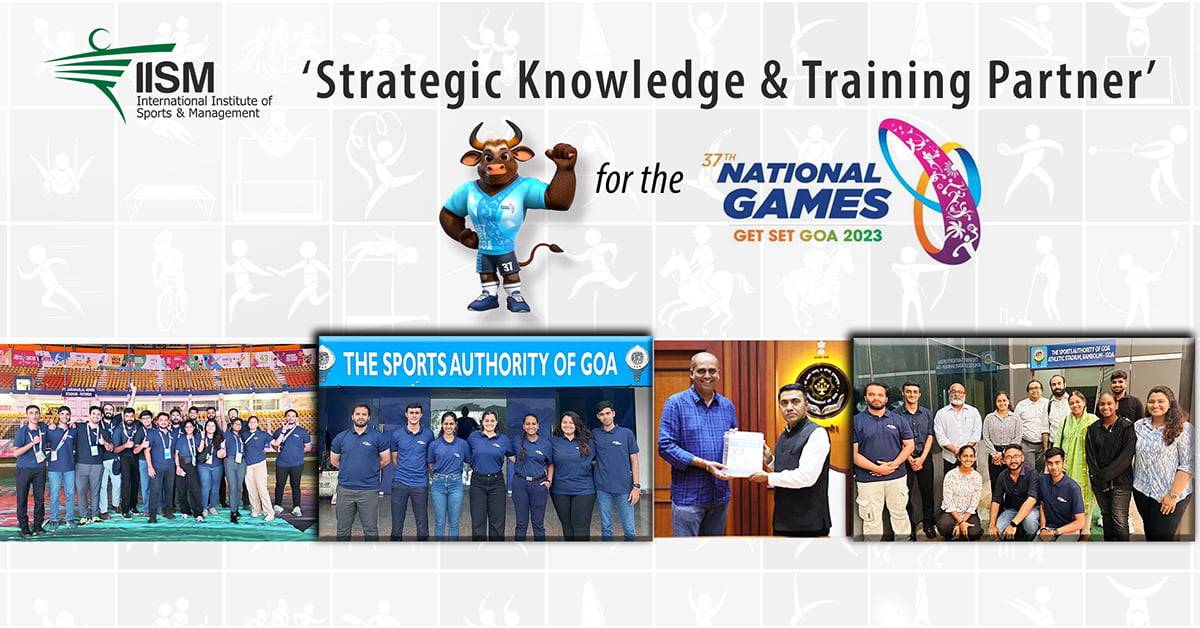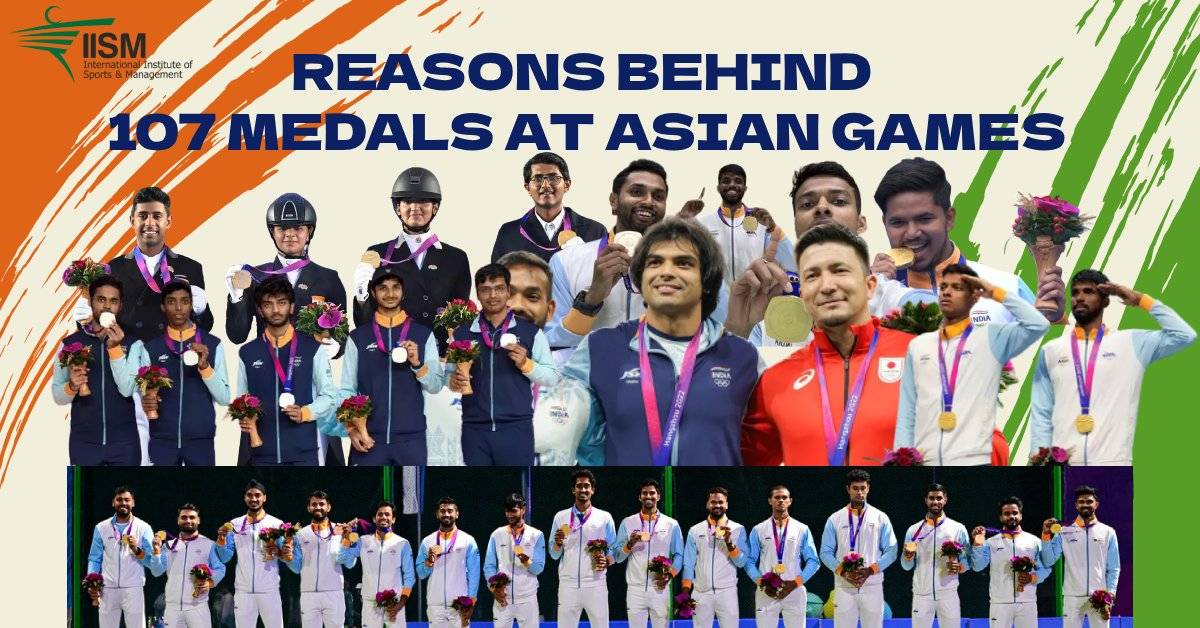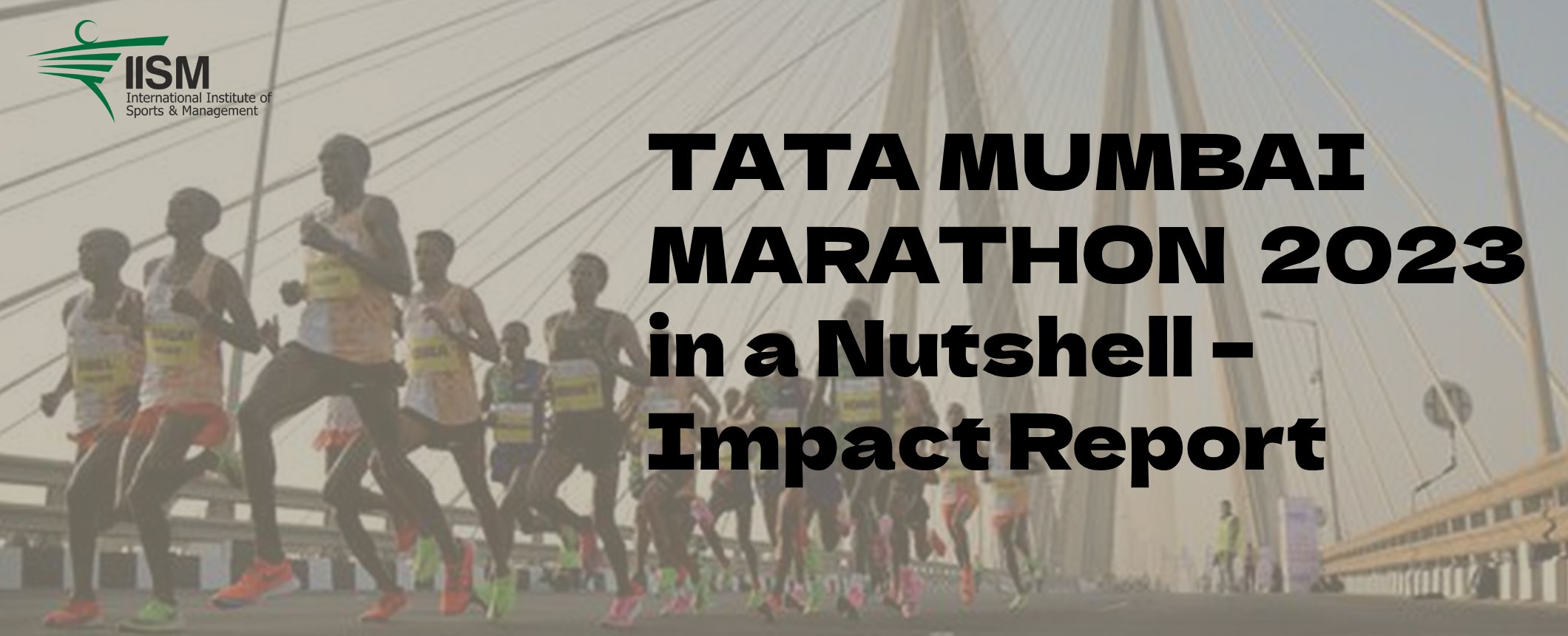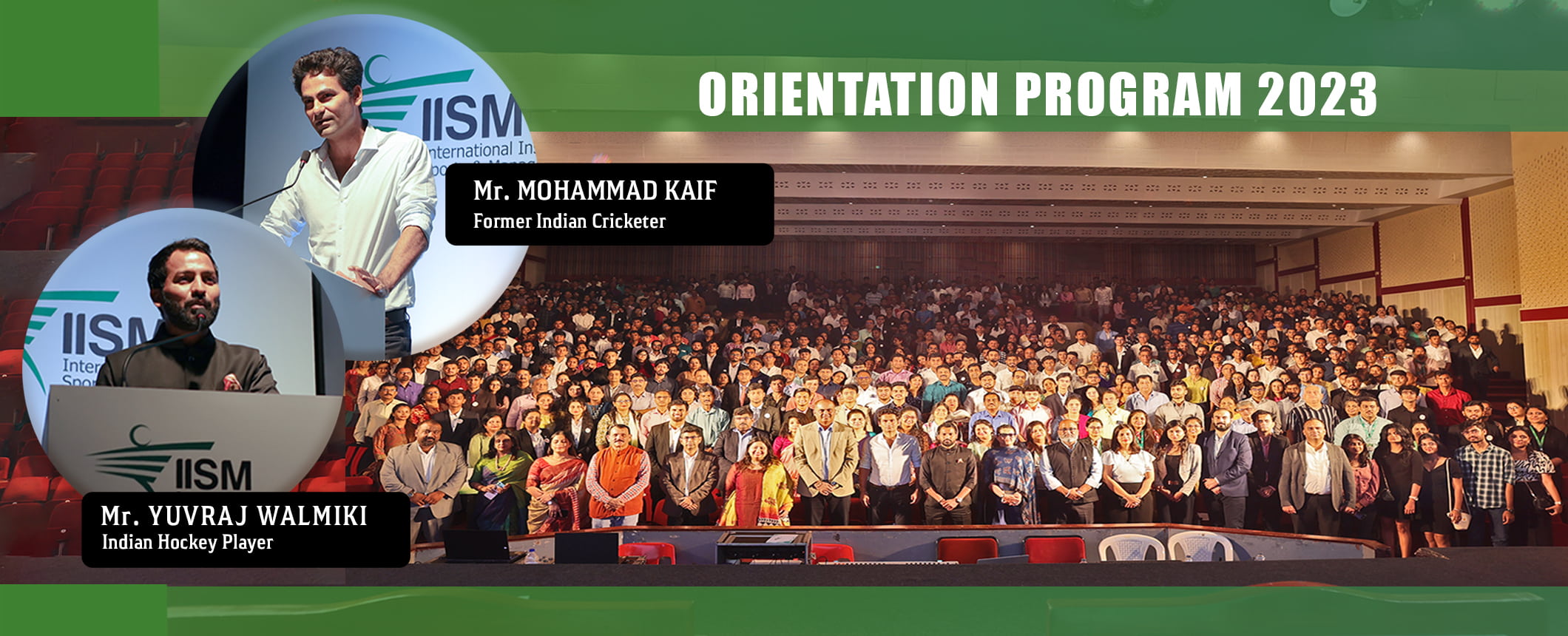Business of Sports

One of the most miraculous startup stories of all times has been the continuous and rise of sports on the Indian horizon. Sports and the furtherance of its concept into business has championed the cause of producing better athletes, and in turn growing the revenue stream. Sports has an ecosystem and its been an interesting study to have a look at how various variables, which were present always, have been taken up & used as a separate vertical to create successful businesses in India.
There has been no formal definition given to sports. It can be a game or a fitness activity or an organised competitive sport and even more. Competitive sports are governed by a set of rules/laws/formats, often designed by national or international sports organisations, governing their respective sports. In a different perspective, sports can also be one of the recreational activities that can be done. Also, the same sport might be played as a competitive sport or as a fitness activity (viz. swimming, cycling, etc.). Different people would treat sports/games/activities, differently. For some, it might be a profession, while for most it would be just a means of recreation and, or, staying fit. Sports can be indoor activities or outdoor activities. It can also be a team or an individual activity. While most of the sports are associated with some kind of physical activity, there are some sports/games, like chess, which do not need strenuous or hectic physical activity. Globally, there are a fairly large number of sports, some might be known, the others, not so much, and each of them, can be played in multiple formats. Some sports have received much international attention/recognition while others are still country specific/regional or even local, which are played by a limited number of people.
Each sports has its own ecosystem, and contributes to the national, regional & eventually global industries and ecosystems. Marketing, branding, retail, technology, infrastructure, gameplay, allied manufacturing, accessories, coaching, intermediary services, etc., each is a giant industry in itself, and though, there might not be a lot of progress in each area, these are all, just waiting to be tapped into, with the right idea. For instance if we look at sports retail, it is a small but fast growing segment of a rather huge, modern retail ecosystem in India. Recently, the country has been a host to many international sports and this has given a boost to the retailing sector. Many foreign and domestic corporate retailers, who had shown interest in the sector, have now entered sports retail. Sports goods manufacturing has been a focus area in the FTP (Foreign Trade Policy of 2009-2014) and the government, since, has been taking a fresh look at the current foreign direct investment policy in the sports retail sector.
In the past years, many sports equipment/goods were unbranded/locally made, but with increased sophistication, globalisation and research & development, branding and specialised equipment manufacturers have emerged from various sectors. Proliferation of brands and specialisation in manufacturing has led to the growth of sports product retailing within India. While earlier brands like Nike, Adidas, Reebok, Puma, etc. were only found in metropolitan cities, the supplies have now trickled to even the remotest towns and have brought in major FDI contribution towards the growth & development of sports as well as the quality of athletes within the country.
However, the global slowdown, since the recession, has changed the situation. While some companies/brands have slowed their expansion plans in newer markets due to lower domestic demand/consumption and the credit challenges, other companies are looking at expanding their presence in developing/developed countries to mitigate the apparent risk. Within this framework, retailers, e-retailers and specialised department stores are choosing private labels, or unbranded products (which are cheaper than other branded products), and manufacturers and retailers are trying to tap specific, neglected consumer segments like women, children. The sector is witnessing consolidation through mergers and acquisitions, whereas new brands are poised to take over the market segment. On the other hand, the concept of branding and corporate sponsorship is increasing with governance and global policy shift.
There are multiple factors that have contributed to the growth of sports in general. Looking at a longer perspective view, prior to the liberalisation of the 1990s, traditionally, the main support for Indian sports used to come from public sector organisations/PSU’s such as the Ministry of Railways, Air India and Indian Airlines, and the Indian Defence Services, etc. especially after Indian industries were nationalised in the 1960s. Within the Indian sports sector, there were only a few private sponsors like the Tata Group, Birlas, etc.. These organisations, not only, reserved jobs for sportspersons but also, provided training and other facilities which were needed. Post-liberalisation of the 1990’s, the private sector participation in sports promotion, training and infrastructure has increased manifold. The entry of the private sector, which has always been increasingly competitive and business driven, has led to the commercialisation of sports and its allied interests. National federations such as the Board of Control for Cricket in India (BCCI) have been working closely with the private sector entities for team ownership, team and event sponsorship, etc. Private participation has increased the retail market for sports, thereby increasing every channel of businesses involved in sports.
This is singularly, the most significant factor, which has been a game changer in its requirement for specifically trained human resource for the field of sports. From infrastructural management, to the growth of talent, scouting, e-retailing to R&D, the sporting sector has opened itself to a significant absorption rate in acquiring, and often, demanding, specifically trained talent for sports.














